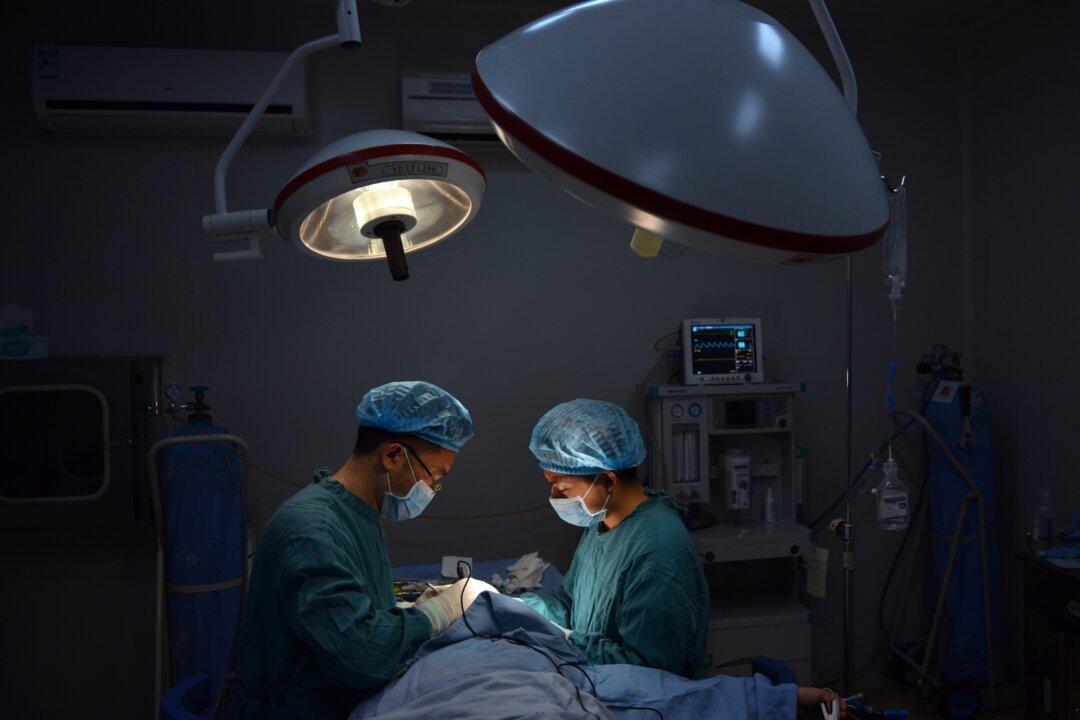A Taiwanese doctor who is part of a medical ethics nonprofit has expressed concerns about China’s organ industry, especially regarding children.
Huang Shiwei, vice chairman of the medical ethics nonprofit Taiwan International Organ Transplant Care Association, told NTD’s Health 1+1 program that he was troubled by an alleged order that a hospital gave medical student Luo Shuaiyu.





